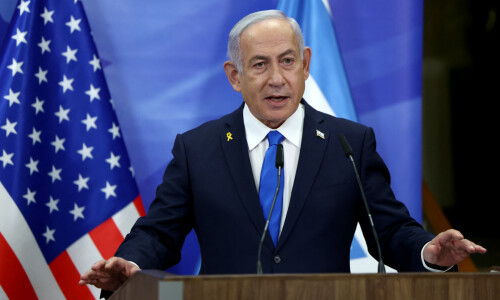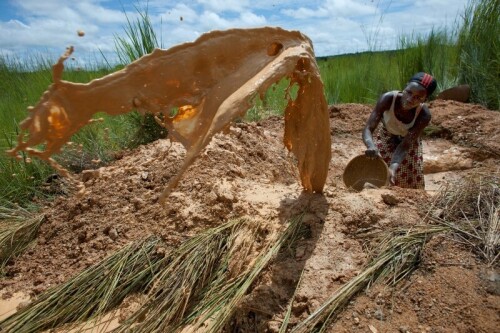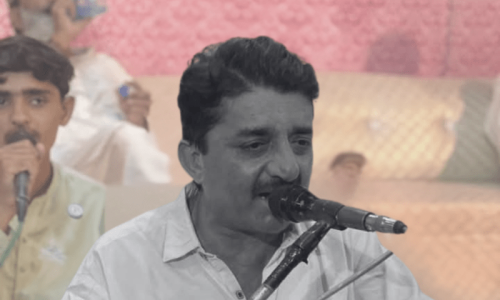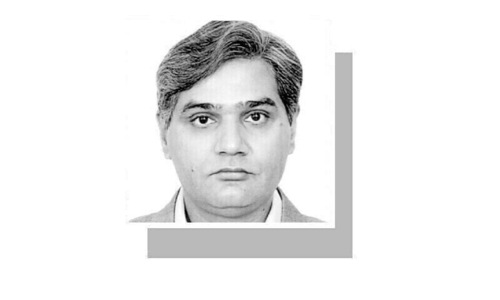 KARACHI, Oct 14: While discussing the complex issues that have plagued relations between the states of Pakistan and India ever since independence in 1947, eminent Indian lawyer, author and political commentator A.G. Noorani offered unabashed praise for Pervez Musharraf, ex-army chief and president of Pakistan. As Mr Noorani put it, the retired general played a vital role in bringing the long-standing Kashmir dispute close to a solution.
KARACHI, Oct 14: While discussing the complex issues that have plagued relations between the states of Pakistan and India ever since independence in 1947, eminent Indian lawyer, author and political commentator A.G. Noorani offered unabashed praise for Pervez Musharraf, ex-army chief and president of Pakistan. As Mr Noorani put it, the retired general played a vital role in bringing the long-standing Kashmir dispute close to a solution.
He said this while delivering a talk on the ‘India-Pakistan peace process’ at the headquarters of the Oxford University Press here on Tuesday.
Admitting that it was not the done thing these days to praise Mr Musharraf, A.G. Noorani went on and said: “Musharraf deserves tribute for the constructive role he played in (trying to solve) the Kashmir dispute. He brought Kashmir to the outskirts of a solution. A few loose ends remained. These could have been tied up as (Indian Prime Minister) Manmohan Singh was due to visit Pakistan.”
However, this could not happen as the process was thrown off course due to the removal of Iftikhar Mohammad Chaudhry from the office of chief justice of Pakistan by Mr Musharraf, an act Mr Noorani termed “indefensible.”
As for the criticism levelled against Pervez Musharraf for abandoning Pakistan’s traditional stance of demanding implementation of the United Nations resolutions on Kashmir, Mr Noorani said “they had been (already) abandoned in all but name.”
He said the “harsh truths” of the matter were that no Indian government could accept a plebiscite in Kashmir and expect to survive even a single day thereafter, while no Pakistani government could be expected to accept the ceasefire line as the permanent border. He added that the best solution to the Kashmir issue was a joint administrative mechanism and free movement of people, as Mr Musharraf had envisaged.
“Manmohan Singh has said that short of (Kashmir’s) secession, we can work with anything. Let the borders become irrelevant,” the Mumbai-based intellectual said quoting the Indian premier, adding that any solution must be acceptable to both the governments of Pakistan and India as well as to the people of Kashmir. “Autonomy is the best solution.”
A.G. Noorani was critical of the impression amongst some in Pakistan that a peaceful solution was possible by working with an Indian government led by the Hindu nationalist Bharatiya Janata Party.
“The BJP is telling Pakistani diplomats not to settle the issue with Manmohan Singh as an election is just round the corner. But they are the slaves of their masters, the RSS (controversial right-wing Hindu group the Rashtriya Swayamsevak Sangh). The need is to institutionalize dialogue. Why should the leaders of the two countries meet only at the sidelines of the UN General Assembly or SAARC summits?”
He also claimed Pervez Musharraf was treated “very shabbily” during the 2001 Agra Summit, while relations between Pakistan and India froze thereafter.
At the outset of the talk, Mr Noorani said that for the first 50 years after independence, there was no proper process of dialogue in place between Pakistan and India, an arrangement he termed “scandalous.” He added that the first serious attempt at addressing the core issue of Kashmir was made in 1997, with the beginning of the composite dialogue between Pakistan and India.
However, he said that within a week, India had backed out and avoided putting Kashmir on the table. Nawaz (Sharif) had come with an agenda of peace, while (former Indian prime minister Inder Kumar) Gujral had a different agenda.”
The scholar was of the opinion that the 1965 war was “thoughtless” and claimed General Ayub Khan – Pakistan’s leader at the time of the war – regretted later in his life the fact that he did not have the opportunity to review other options.
Reiterating perhaps what is a strange truth in the arena of international relations, he said diplomacy without force is impotent, while force without diplomacy is sterile.
“India and Pakistan need to put their heads together and solve the Kashmir issue or we will get nowhere,” said, adding that the two countries “were born of the same womb constitutionally.”
A question and answer session followed A.G. Noorani’s talk.

















































Dear visitor, the comments section is undergoing an overhaul and will return soon.